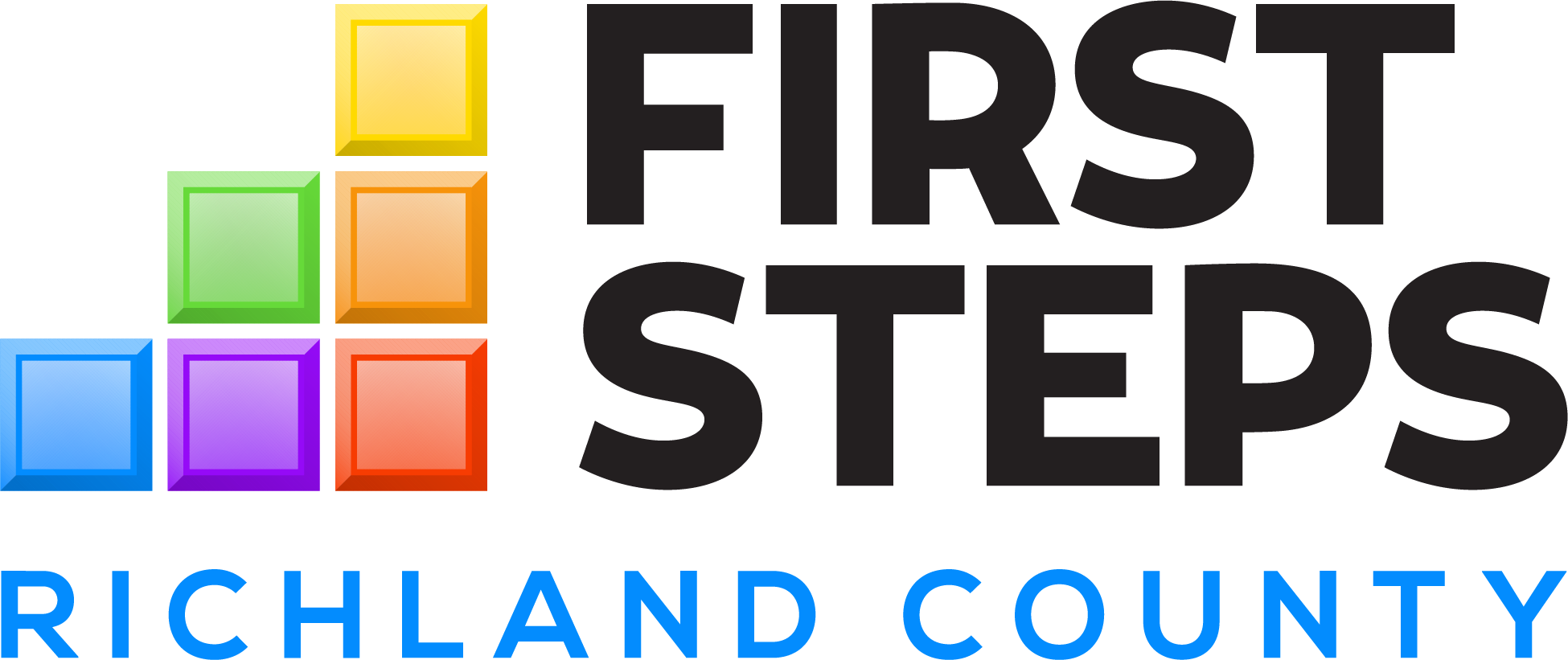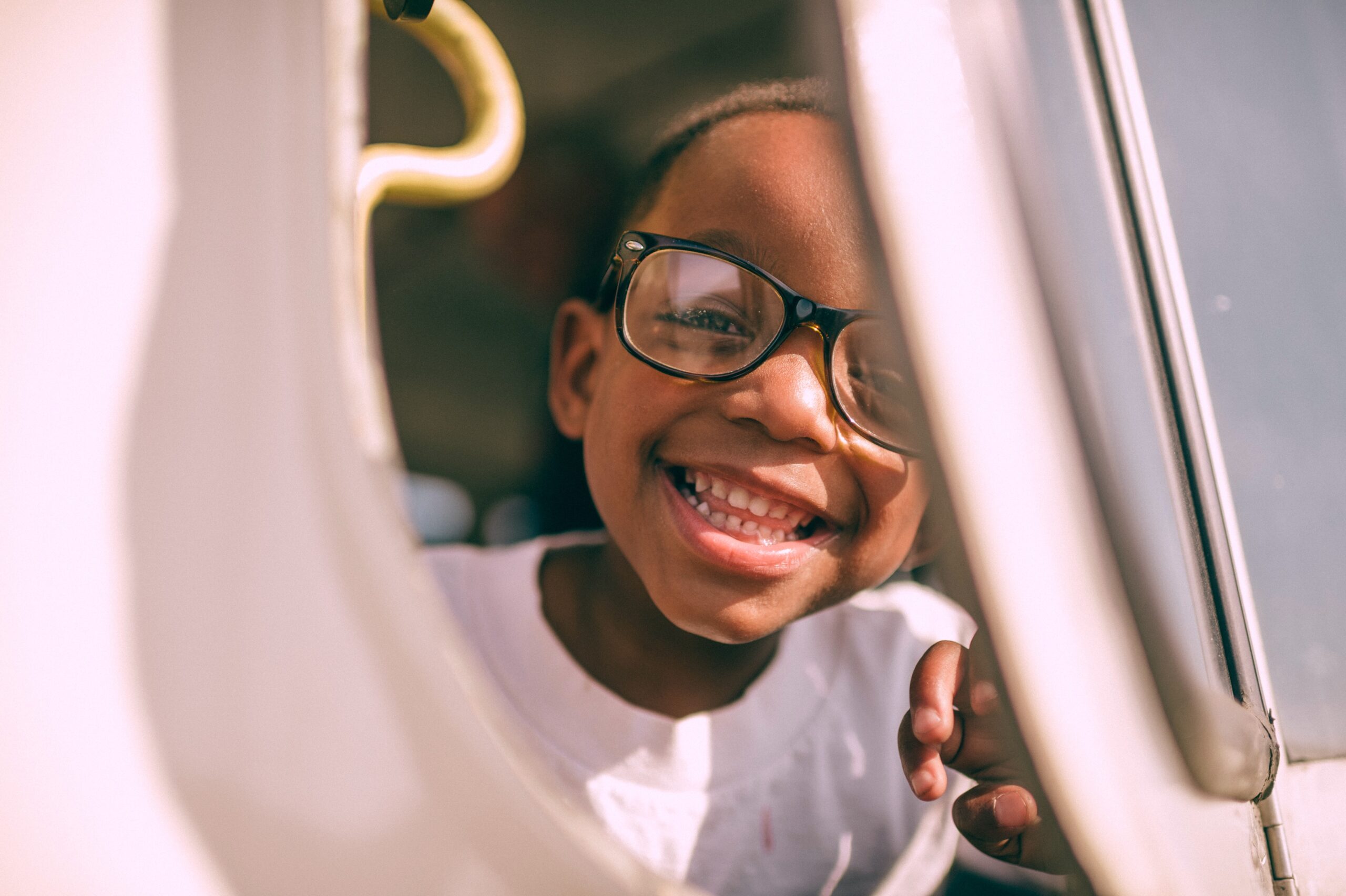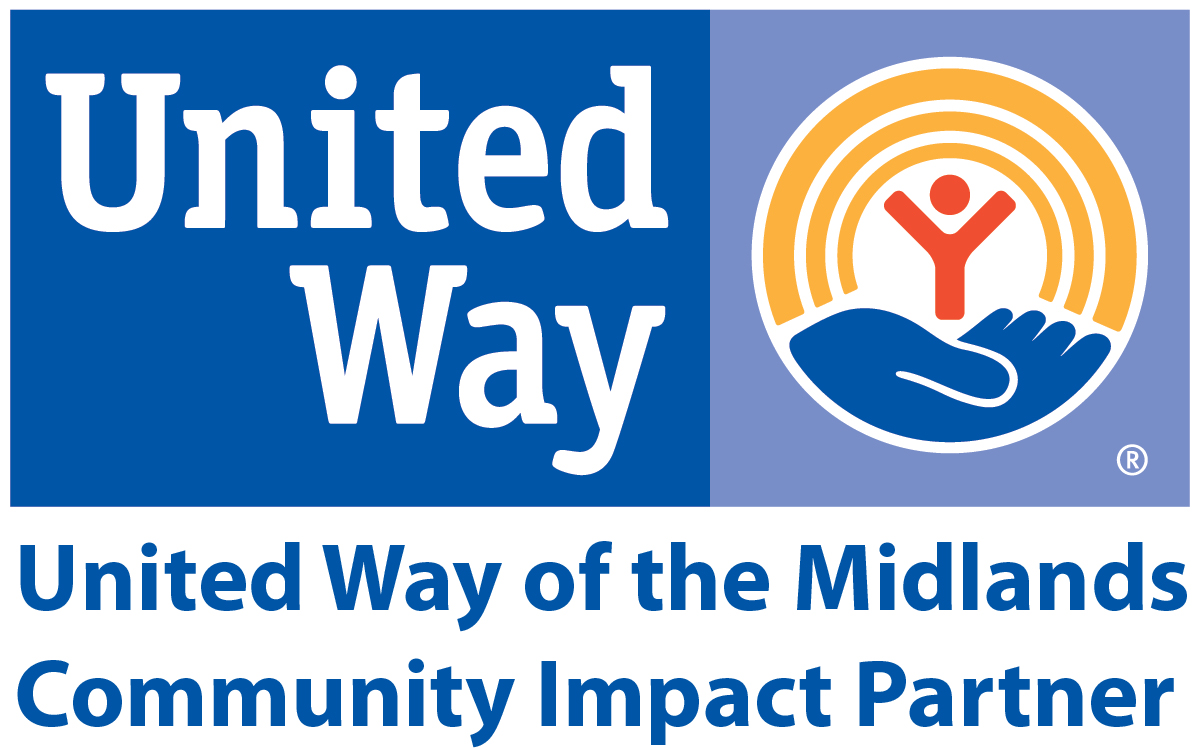Children’s vision has a huge impact on their development and ability to thrive. According to the CDC, approximately 6.8% of children younger than 18 years in the United States have a diagnosed eye and vision condition. Nearly 3 percent of children younger than 18 years are blind or visually impaired, defined as having trouble seeing even when wearing glasses or contact lenses. It is estimated that many more children are living with undiagnosed or untreated eye conditions.
Vision Developmental Milestones
Understanding how babies’ eyes develop is important to recognizing when there could be an issue for concern. The organization Prevent Blindness has created some very useful handouts for parents and caregivers to help identify important developmental milestones.
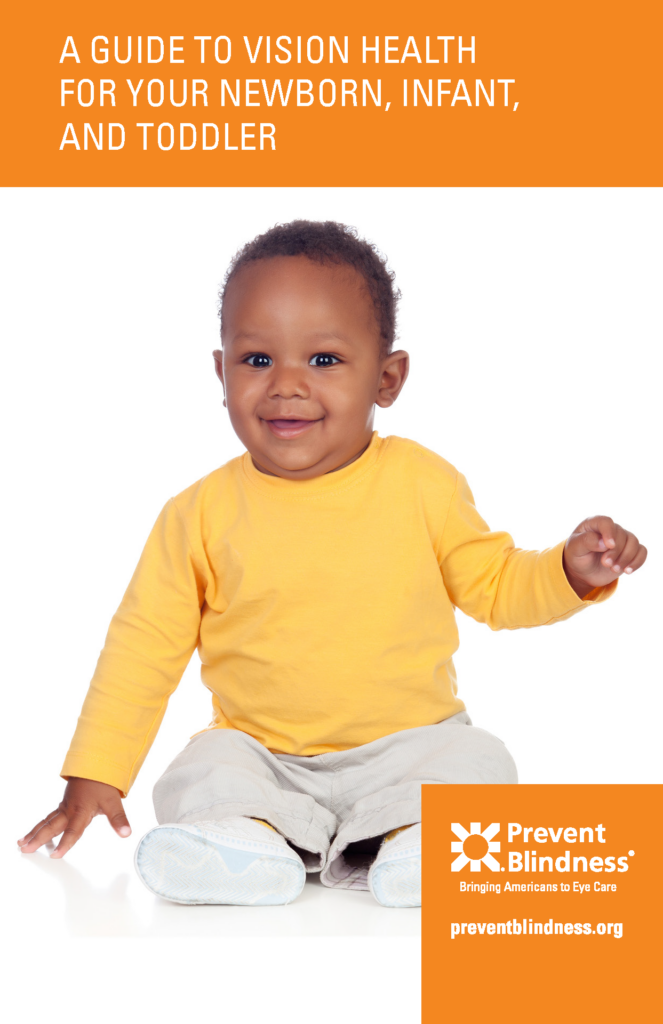
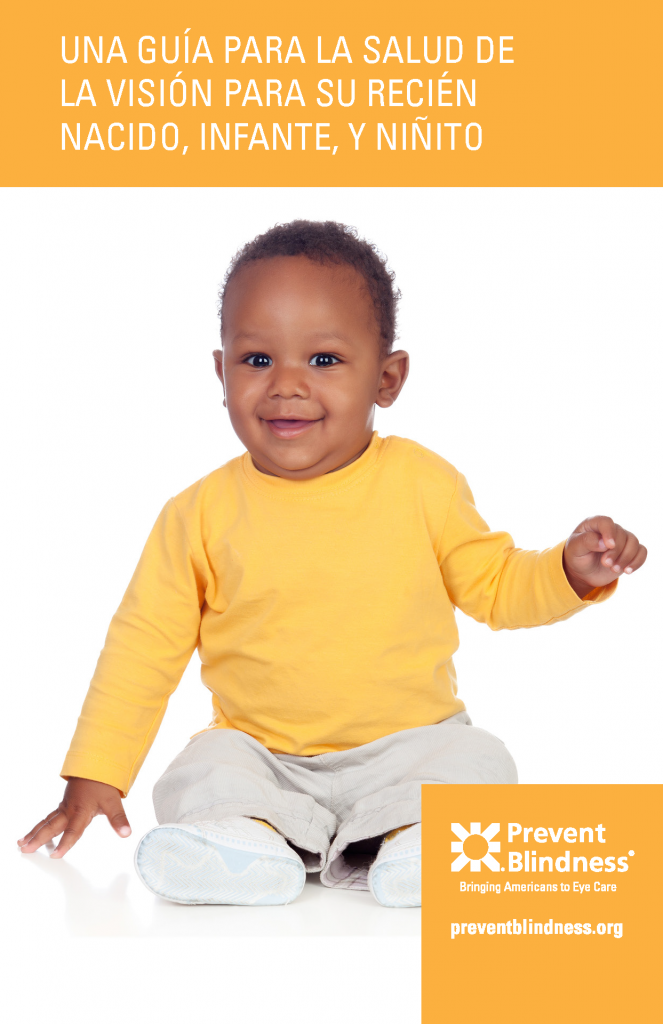
Since many vision problems begin at an early age, it is very important that children receive proper eye care. Untreated eye problems can worsen and lead to other serious problems as well as affect learning ability, personality and adjustment in school.
Baby’s First Eye Exam

To help identify and address potential issues early on, the American Optometric Association recommends scheduling your baby’s first eye exam around 6 months of age. Through the InfantSee program, participating doctors of optometry provide a comprehensive infant eye assessment between 6 and 12 months of age free of charge regardless of family income or access to insurance coverage.
Each month, Richland First Steps spotlights one or more health topics throughout it’s programs. Visit our website regularly for resources all parents and caregivers can use.
